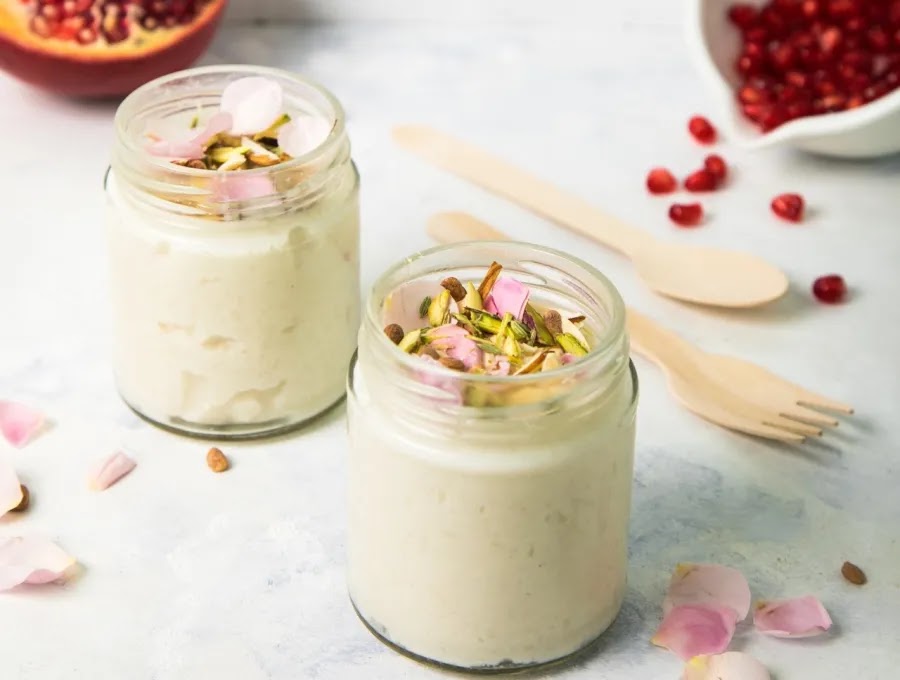Probiotics are live microorganisms that offer health benefits when consumed. These beneficial bacteria provide many advantages for your body and brain. They may improve digestive health, reduce depression, support heart health, and boost immunity. Some studies even suggest they enhance skin freshness.
Taking probiotics as supplements is common, but you can also get them from fermented foods.
Probiotics, also called “good bacteria” or “beneficial bacteria,” have many benefits and ways to consume them, according to nutrition specialist Florence Foucault. Here’s what you need to know about probiotics and probiotic-rich foods:
What Are Beneficial Bacteria?
Probiotics are bacteria or yeasts (like Lactobacillus, Bifidobacterium, Streptococcus, etc.) naturally found in the body. These microorganisms participate in various functions such as digestion and immunity. Some can be taken as dietary supplements. The most common include brewer’s yeast and lactic acid bacteria found in yogurt, according to sante.journaldesfemmes.
The gut is the main habitat of these microbes in the human body, containing both good and bad bacteria. Gut health depends on the balance between these two. When bad bacteria become excessive, they cause health issues like frequent infections, poor digestion, and allergies. Consuming probiotics helps restore this balance.
Health Benefits of Good Bacteria
The benefits of probiotics include:
-
Enhancing digestion
-
Regulating bowel movements
-
Reducing frequency of diarrhea
-
Assisting in weight loss
-
Improving irritable bowel syndrome (IBS) symptoms
-
Strengthening the immune system and helping fight infections
-
Supporting synthesis of vitamins B and K
-
Preventing recurring female yeast infections
-
Combating Helicobacter pylori infections, bacteria responsible for stomach ulcers. Taking probiotics alongside antibiotics can help reduce side effects like diarrhea.
-
Playing a positive role in some neurological and psychological conditions such as anxiety, depression, and bipolar disorder
Side Effects
At the start of probiotic use, some people may experience mild digestive discomfort such as bloating and gas. It’s recommended to begin with small doses and gradually increase them.
Can Probiotics Be Taken Continuously?
Probiotics can be taken as supplements for one month at a time and repeated several times a year if needed. Nutrition specialist Florence Foucault advises maintaining a varied diet that provides both probiotics and prebiotics—the latter being substances that nourish probiotics and support their growth.
4 Foods Rich in Beneficial Bacteria
According to Healthline, here are four probiotic-rich foods:


Post a Comment